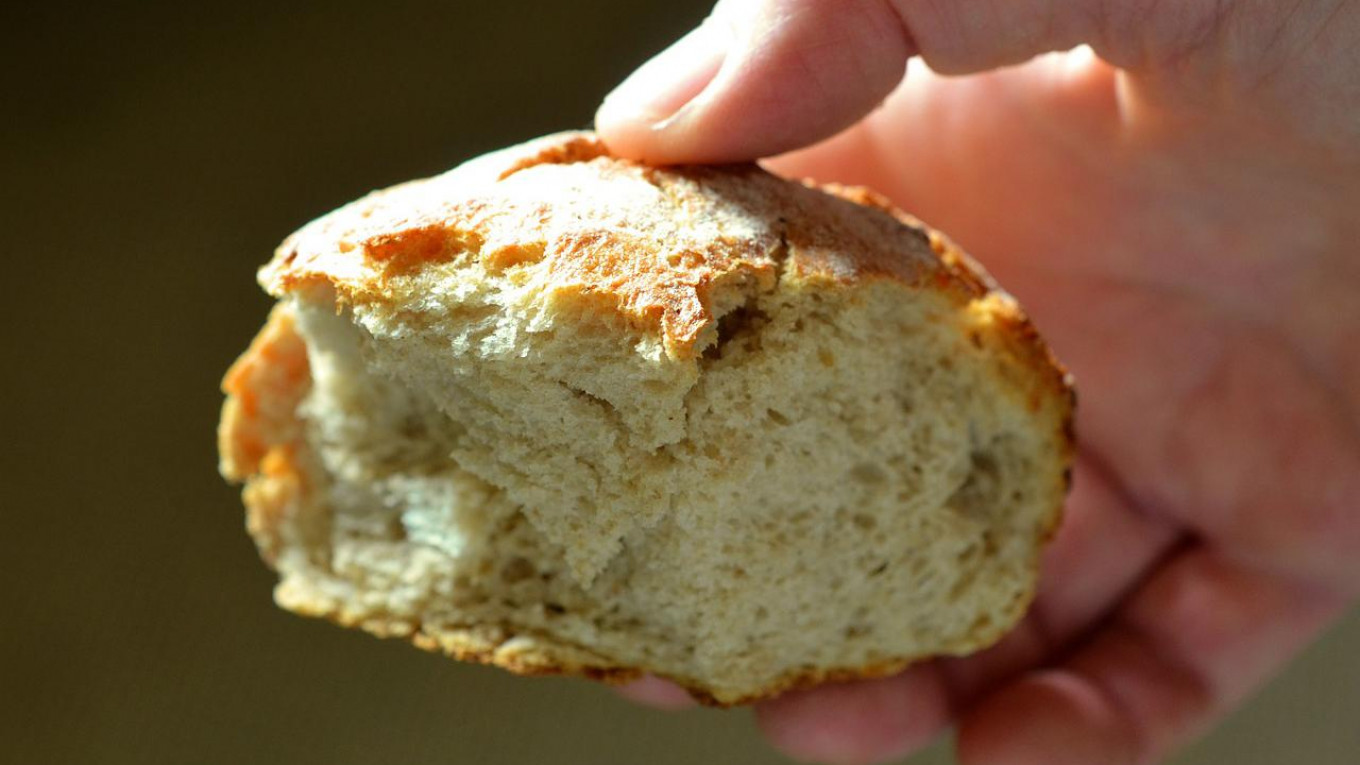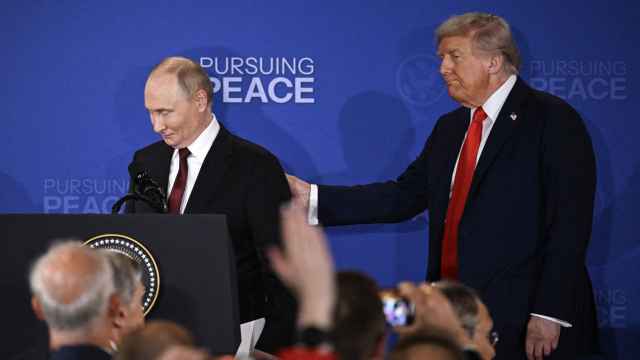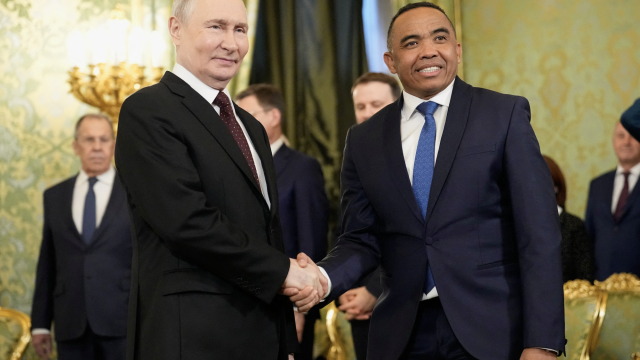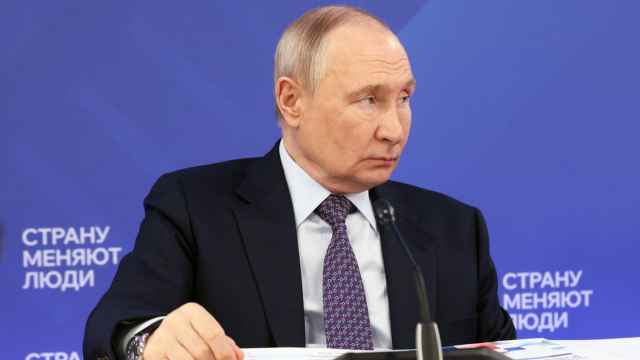St. Petersburg could experience a bread shortage in the near future, Russian newspaper Kommersant reported Tuesday, citing a letter between government officials.
Russia was the biggest wheat exporter in the world in 2017.
But in the letter, St. Petersburg governor Georgy Poltavchenko warns Deputy Prime Minister Arkady Dvorkovich that a shortage of train carriages for domestic wheat deliveries could result in a bread deficit.
The excessive number of carriages allocated for exports is depriving the St. Petersburg milling industry of its own – damaging supply chains, driving up prices and creating a shortage of bakery products, the St. Petersburg governor writes.
The letter was sent after St. Petersburg’s most important wheat suppliers, the Orenburg, Saratov, Samara, Novosibirsk and Omsk regions, were included in a list of priority regions for grain export.
The largest flour mills in the St. Petersburg region have already faced train shortages, Kommersant reports.
As a solution, Russia’s Transport Ministry has proposed to start shipping wheat on weekends, Kommersant reports.
A Message from The Moscow Times:
Dear readers,
We are facing unprecedented challenges. Russia's Prosecutor General's Office has designated The Moscow Times as an "undesirable" organization, criminalizing our work and putting our staff at risk of prosecution. This follows our earlier unjust labeling as a "foreign agent."
These actions are direct attempts to silence independent journalism in Russia. The authorities claim our work "discredits the decisions of the Russian leadership." We see things differently: we strive to provide accurate, unbiased reporting on Russia.
We, the journalists of The Moscow Times, refuse to be silenced. But to continue our work, we need your help.
Your support, no matter how small, makes a world of difference. If you can, please support us monthly starting from just $2. It's quick to set up, and every contribution makes a significant impact.
By supporting The Moscow Times, you're defending open, independent journalism in the face of repression. Thank you for standing with us.
Remind me later.






